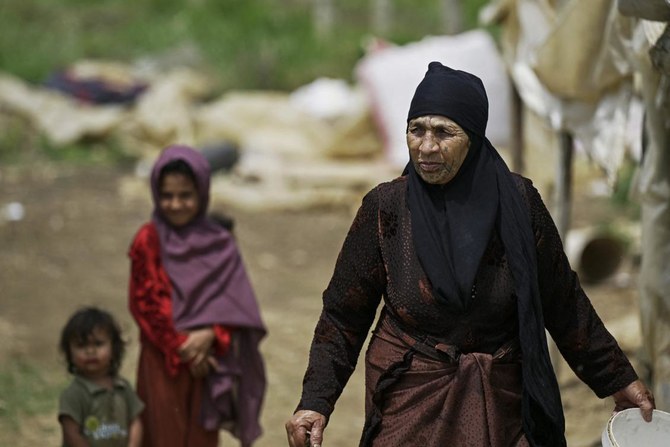
Syrians living in Lebanon fear draconian laws and expulsion
Before the sun rose, the military arrived, separating the Syrian males without residency permits from the dilapidated camp situated in the Bekaa Valley of Lebanon. Mona, a Syrian refugee who spent ten years in Lebanon, watched as Lebanese troops bundled her brother onto a vehicle and drove it toward the Syrian border as toddlers cried all around them.
In a country of about 4 million Lebanese, 13 years after the conflict in Syria began, Lebanon still has the highest per capita number of refugees in the world: about 1.5 million Syrians, half of whom are officially registered refugees with the UNHCR.
They are among the five million or so Syrian refugees who fled the country and sought asylum in neighboring nations; millions more remain internally displaced. Less money was committed for Syria relief this week in Brussels by donor nations than it was the previous year.
Syrians must be sent home, as both Lebanon’s normally divided lawmakers and its chronically underfunded security forces agree. The country is currently reeling from an economic collapse that has destroyed livelihoods and most public services.
Companies are being advised not to hire Syrians for low-paying positions. Two humanitarian sources told Reuters that municipalities have implemented further curfews and have even evicted Syrian tenants. According to the sources, an unofficial camp in at least one township in northern Lebanon has closed, scattering Syrians.
This month, Lebanese security forces issued a new directive that reduced the number of residency categories available to Syrians. This was worrying to many Syrians who would now be ineligible for legal status and may perhaps be deported.
300 Syrians returned home voluntarily in May thanks to arrangements made by Lebanon. However, two humanitarian sources told Reuters that over 400 Syrians who were apprehended during camp searches or at checkpoints intended to identify those without legal status were also summarily deported by the Lebanese army.
Refugees and aid workers claim that they are automatically driven across the border, which heightens worries about human rights abuses, arbitrary imprisonment, and forced military conscription.
When her brother entered Syria, Mona, who requested a new name out of fear for the Lebanese government, said he was instructed to register with the army reserves in Syria. The remaining men in the camp stop going outside out of fear of suffering a similar fate.
“None of the males are able to go to the market to buy supplies for the house or pick up their children from school. They are unable to visit any courts, hospitals, or government facilities,” stated Mona.
She now needs to work an informal job at a nearby factory to care for her brother’s children, who were spared from deportation. In order to avoid traffic stops during her commute, she works at night.
All Categories
Recent Posts
Tags
+13162306000
zoneyetu@yahoo.com



